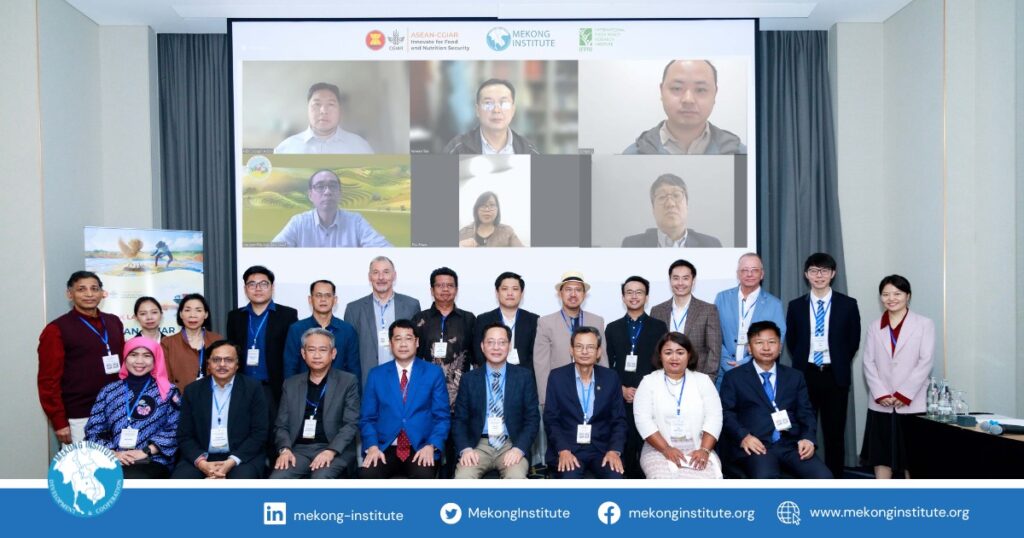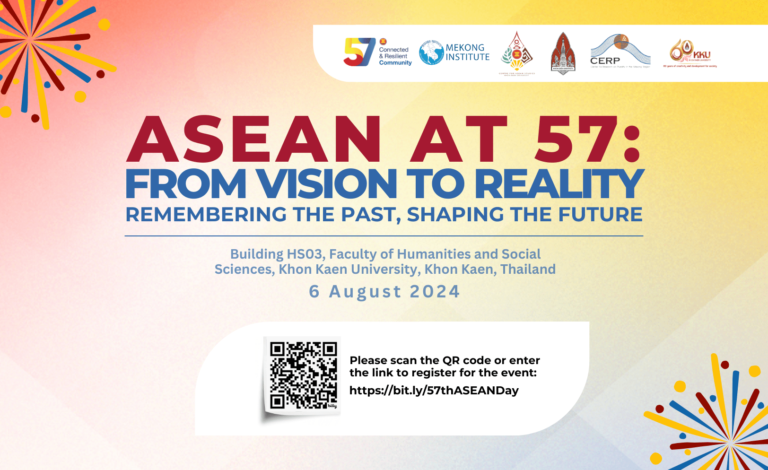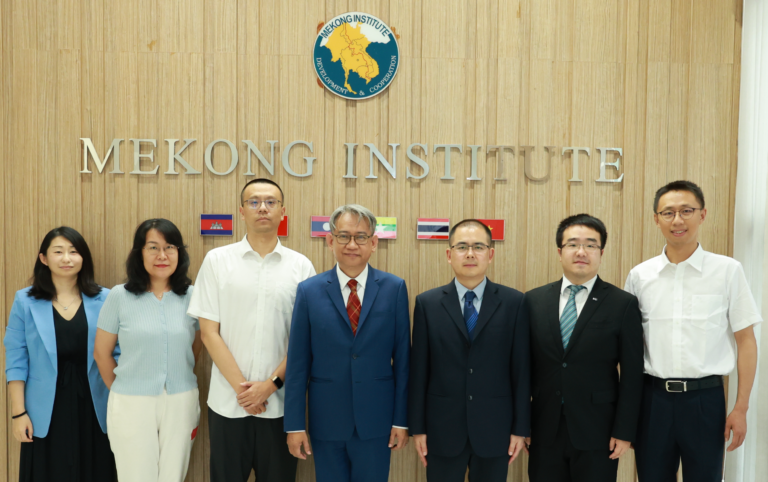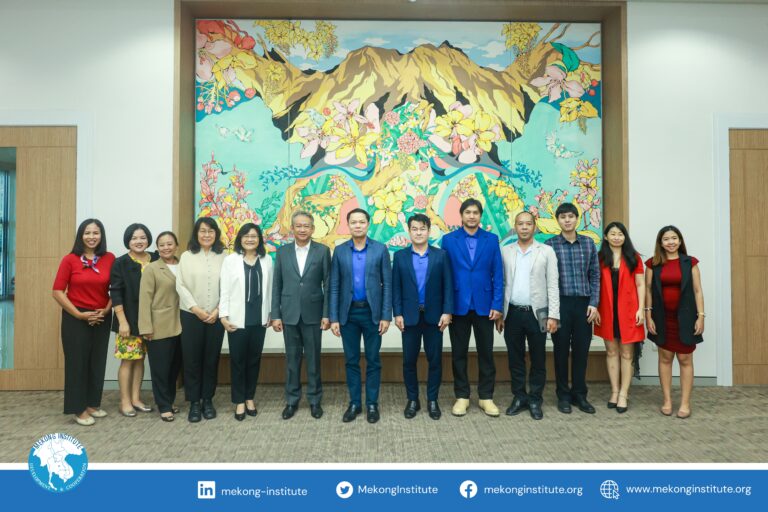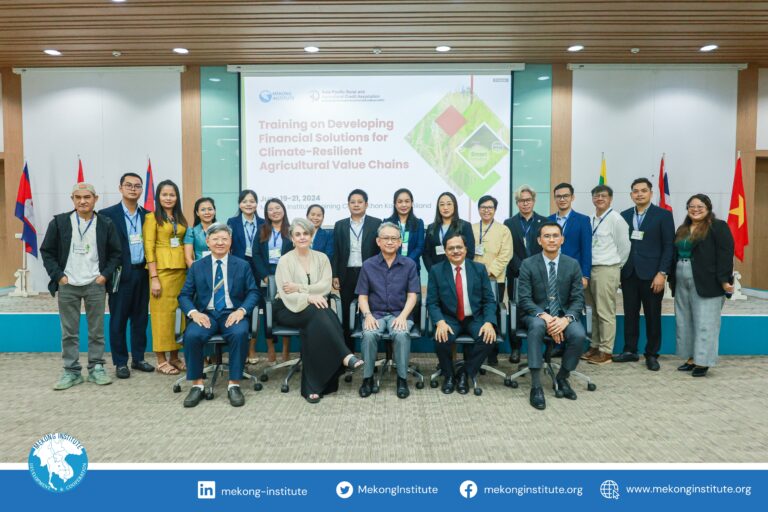Bangkok, Thailand – Mekong Institute (MI) and CGIAR’s research arm, the International Food Policy Research Institute (IFPRI), joined forces in organizing an inception workshop on February 23, 2024, aimed af fostering a unified understanding of the ASEAN-CGIAR Regional Program Intervention Package 4 (IP4) and its alignment with ASEAN’s overarching objectives.
IP4 stands among the eight intervention packages of the ASEAN-CGIAR Innovate for Food and Nutrition Security Regional Program. The joint regional program targets to amplify and disseminate integrated innovations, thereby bolstering the resilience of ASEAN’s agri-food systems in response to the challenges posed by climate change. As a cornerstone initiative within the program, IP4 focuses on stimulating inclusive, efficient, and sustainable agri-food trade and value chains, guided by evidence-based innovations and policies.
The workshop served as a collaborative platform for a thorough review 0f IP4’s progress and the cultivation of partnerships crucial for the successful 2024-2027 implementation phase. It welcomed hey stakeholders, including senior officials, think tank experts, and representatives from ASEAN Member States (AMS), key partners, and organizations.
Mr. Joseph Arbiol of the ASEAN Secretariat, emphasized the workshop’s significance. stating: “We aim to develop a common understanding of ASEAN-CGIAR IP4 and its integration with ASEAN goals. By garnering support and commitment from our partners, we aim to enhance the credibility and impact of our collaborative efforts.”
The workshop highlighted the imperative for IP4 to address the diverse needs and varying development stages of countries within the region, ranging from fast-developing to struggling value chains. Participants emphasized the importance of optimizing resources to collectively propel the region forward.
Issues on food safety and product quality standards and standardization emerged as challenges, impacting domestic and international trade within the ASEAN region. Discussions prompted reflection on the complexities of reconciling standards across different countries and value chains, highlighting the need for synergy to facilitate seamless trade and enhance regional cooperation.
Other critical points discussed during the workshop covered establishing traceability systems to track product origins and attributes, utilizing digital platforms to enhance transparency and efficiency in trade processes, engaging in bilateral negotiations, synergizing laws, and addressing capacity constraints.
In the workshop’s closing segment, stakeholders actively engaged in collaborative planning, aligning priorities and fostering commitment towards common objectives. They also recognized that policy-level interventions are crucial for success.
MI and IFPRI reaffirmed their dedication to continued collaboration, emphasizing the need for concerted efforts to ensure that the implementation of IP4 remains consistent with and capitalizes on existing ASEAN and other strategic initiatives. Their focus remains on nurturing sustainable agri-food trade and regional development while promoting shared endeavors for meaningful impact and amplified success.
The ASEAN-CGIAR Innovate for Food and Nutrition Security Regional Program was officially launched during the 45th Meeting of the ASEAN Ministers on Agriculture and Forestry (AMAF) in Kuala Lumpur, Malaysia on October 4, 2023. Bringing together representatives from CGIAR, AMS, and other key stakeholders, the program aims to foster cross-country learning and active participation from all AMS with the ultimate goal of, advancing inclusive, efficient, safe, and sustainable agri-food trade and value chains.


